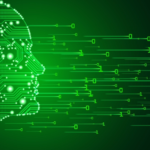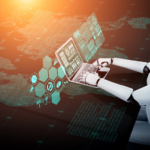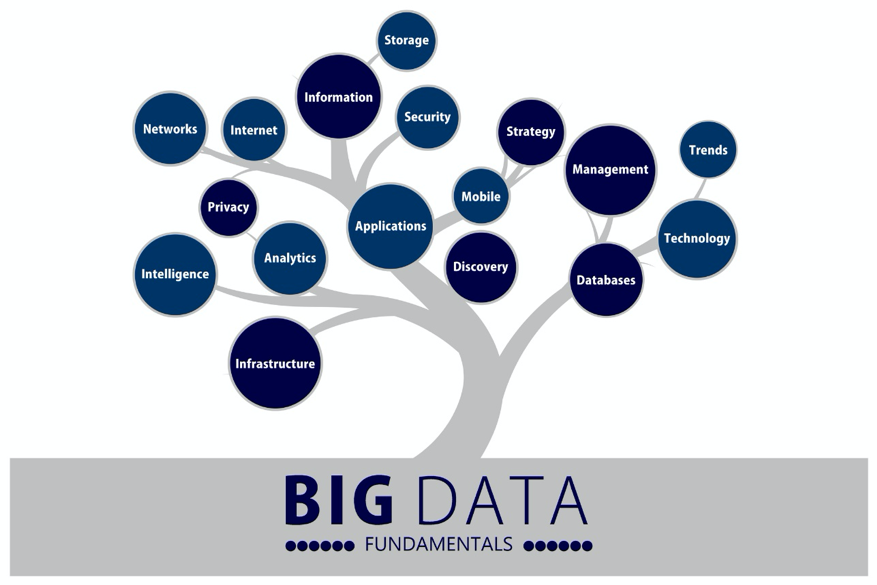Special to the Financial Independence Hub
Big Data and AI are buzzing technologies that are gaining traction by the day due to their potential to revolutionize their respective fields completely. Aside from the promise they show by themselves, their combination might revolutionize the world as we know it.
Data has played a critical role in marketing, analysis, and corporate endeavors. With the addition of AI, those fields will change for the better in a multitude of ways.
In this article, we’ll explore everything there is to know about these two technologies and how their merger could change the virtual landscape as we know it.
What are Big Data and AI?
Big data and AI are two different technologies. What ties them together is the popularity and traction they’ve garnered in recent years. Both technologies are relatively young and still have many evolutions to undergo before they’re fully implemented.
Big Data
Big data is a data field that promises to analyze, refine, and assess vast amounts of otherwise too complex data for conventional means. This technology could revolutionize how we deal with data and significantly impact the corporate world.
Big data is the next logical step in the data world and promises to solve current stump traditional data processing software issues. It can do this through advanced data processing, which is often assisted by some form of AI.
AI
AI stands for artificial intelligence, a software program that mimics human and animal intelligence. Chatbots, problem-solving software and other machines capable of learning are all considered AI. AI is one of the most promising technologies of the 21 countries and has many potential implementations.
Since it’s one of the most popular technologies, investments and improvements are being made daily. This cognitive technology could change the way we live by a considerable margin.
How are Big Data and AI connected?
While both are popular technologies that show promise to change the world as we know it, as of now, there is minimal connection between them. The relationship between AI and Big Data could significantly augment the desirable features of both.
The implementation of this connection is usually seen in data refinement software. Data, in its initial form, is known as raw data and is virtually useless. It requires extensive refinement to become a usable piece of data, and that’s where AI steps in.
Since AI is a cognitive mimicking technology, it could significantly augment the quality of the refined data. Data refinement becomes seamless through AI, making things like business analytics simple, quick, and efficient.
AI works well with big data since AI machine learning and deep learning technologies are getting more sophisticated by the day – it’s hard to predict what the future could hold for this technology.
What does this combination provide?
This combination works well to bring both technologies to new horizons. Machine learning isn’t a simple or automatic process, as it requires vast amounts of data. Huge amounts of data need a lot of processing power and cognitive problem-solving capabilities to undergo refinement. Through this merger, the two technologies complement each other.
Most business, marketing, and analysis landscapes undergo fundamental changes in operation, sophistication, and complexity through their mutual evolution.
Below, we’ll list four ways that this combination promises to revolutionize the world, and how it’s doing so:
More jobs & new positions
Data entry outsourcing is already a trendy thing with many companies, and the merger of these two technologies will only augment the need for data ancestry clerks. Machine learning and deep learning technologies will ultimately create new jobs and positions for workers’ next generation.
These technologies on their own have already created several new positions in the field of research and data science. The more intricate the technology becomes, the more jobs it will create – so there is no need to worry; machines aren’t going to take your job anytime soon.
Problem solving & solutions
 Data science, in its current form, faces a lot of problems. Big data is plagued with tonnes of data refinement issues, and AI is feeling the effects too. Machine learning and deep learning technologies are only efficient if the data is refined, crisp, and usable.
Data science, in its current form, faces a lot of problems. Big data is plagued with tonnes of data refinement issues, and AI is feeling the effects too. Machine learning and deep learning technologies are only efficient if the data is refined, crisp, and usable.
The merger of these two technologies will solve many of these issues and provide several solutions to problems that both technologies face. This combination will also help executives and specialists develop better solutions, predictions, and courses of action based on sophisticated data and problem-solving capabilities.
Streamlined Analytics & Data Refinement
Data is king, but it’s virtually worthless without proper refinement. Data analysis is an intricate process that requires refined data, and refining data is not a quick process. All redundancies, situational data, and faux data need to be removed from raw data to become viable.
With AI’s cognitive problem-solving capabilities, this Big Data issue becomes a thing of the past – paving the way for faster, better, and more detailed data analysis.
Improved Big Data & Artificial Intelligence
Both technologies are mutually beneficial, meaning that the other is sure to follow with the evolution of one. Big data relies on AI for faster refinement and analysis, and AI relies on big data for machine learning and deep learning.
What does the Future hold for this combination?
These two technologies have improved the world in more ways than one, and their merger and evolution will considerably change the business landscape.
While the two are currently relatively young technologies, their potential is immense. Through AI, we’ll see big data become implemented in most forms of analytics, data crawling, and refinement – improving our understanding of the business and devising new solutions to old problems.
AI itself will evolve significantly through the use of big data, and big data will expand with the use of AI. The two seem to be interconnected in more ways than one, as their connection is mutually beneficial.
 Lachlan Malone is the editorial Head of Roth Capital, which provides qualified investors with unique real estate opportunities to confidently gain double-digit returns and help achieve your investment goals.
Lachlan Malone is the editorial Head of Roth Capital, which provides qualified investors with unique real estate opportunities to confidently gain double-digit returns and help achieve your investment goals.




